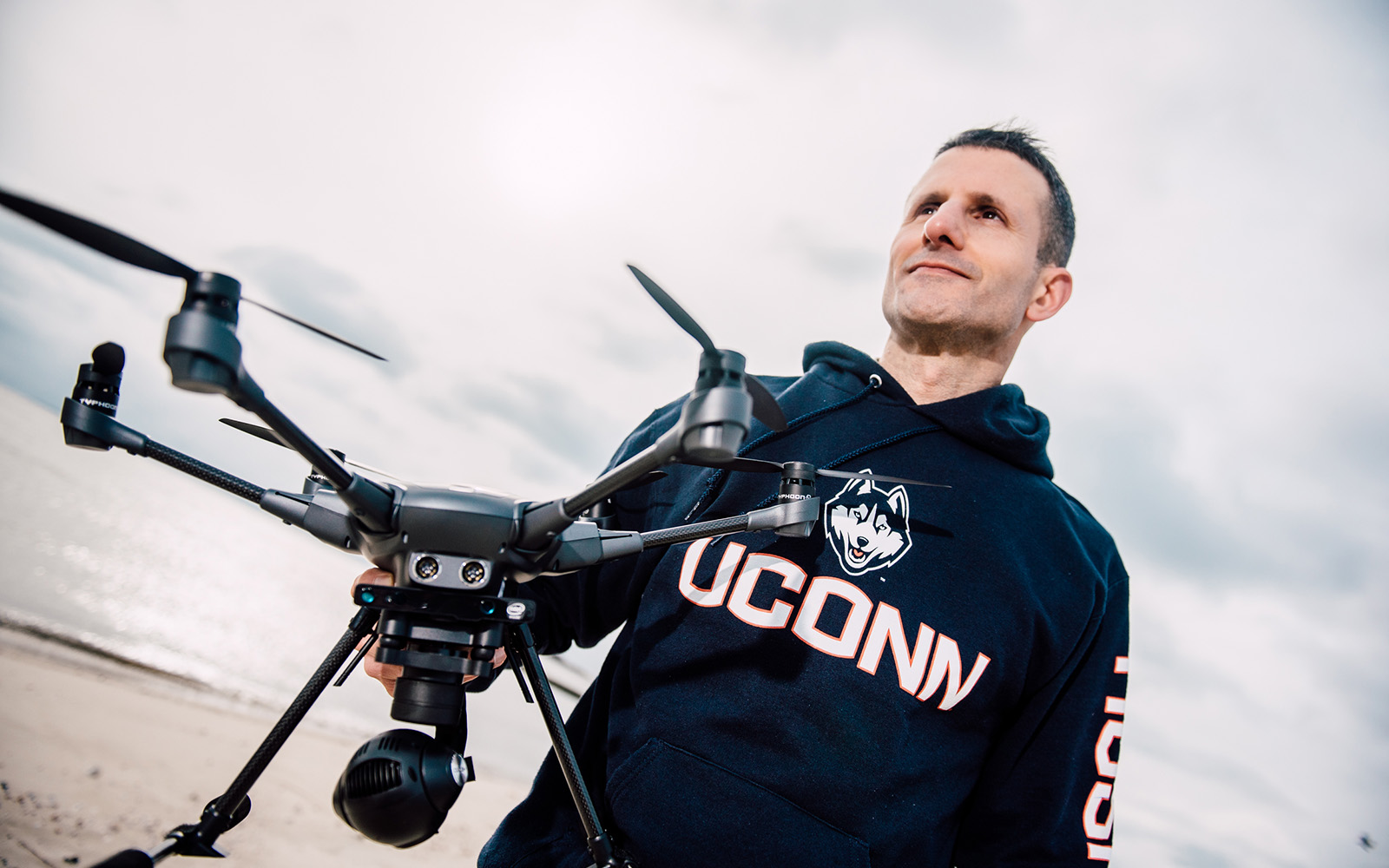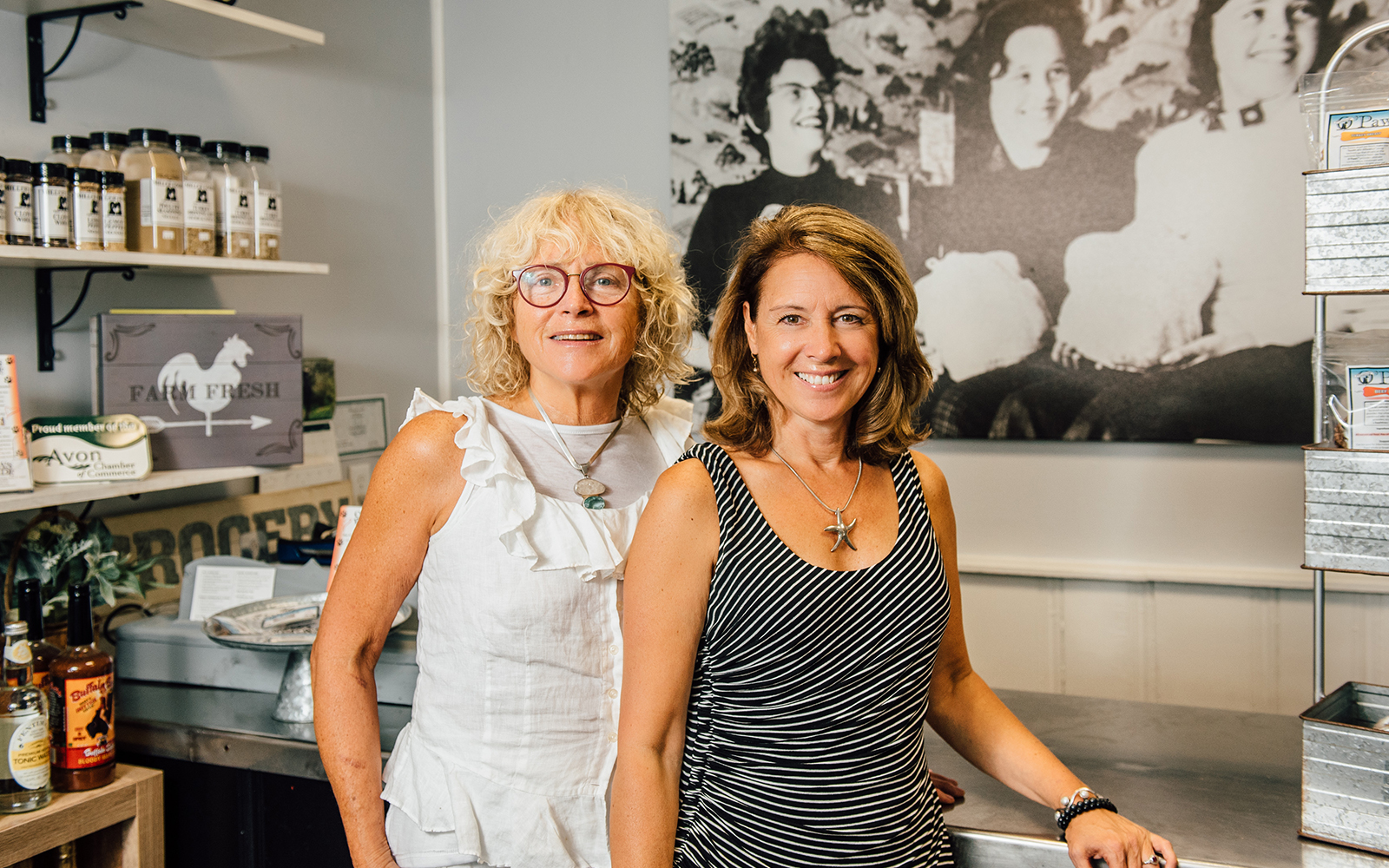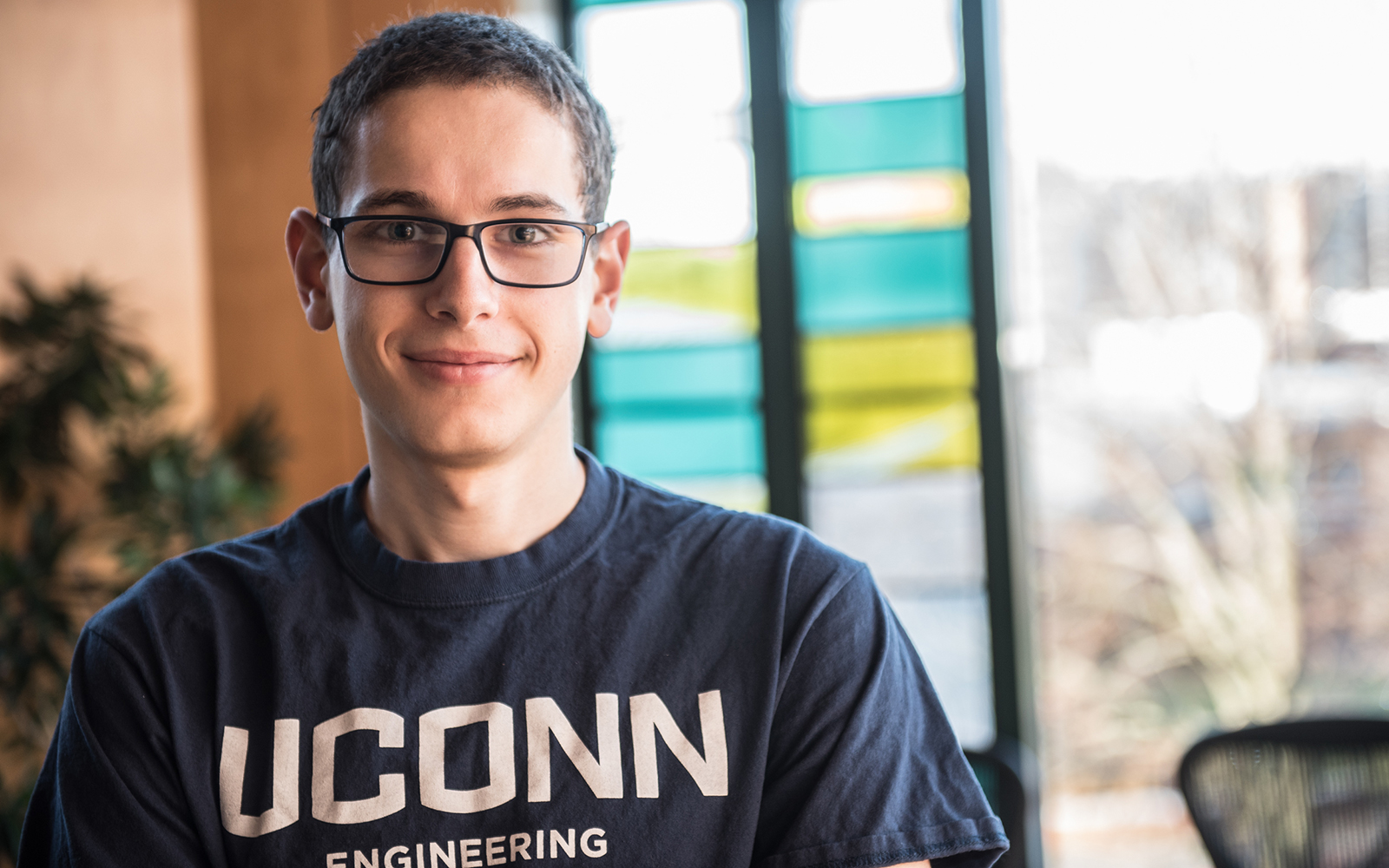
If the State of Connecticut is invested in creating and supporting the next generation of women entrepreneurs, it needs to revise the way we raise, educate, nurture, promote and encourage them, starting in pre-K. Continue Reading

If the State of Connecticut is invested in creating and supporting the next generation of women entrepreneurs, it needs to revise the way we raise, educate, nurture, promote and encourage them, starting in pre-K. Continue Reading
Fox Business – For most CEOs, HR partners and operations directors who have never given much thought to Gen Z, those born between 1995-2010, data from a new report should be their wake-up call: Pay attention to the “innovation Opens a New Window. generation” if you want to drive growth and global competitiveness.
Financial Content – Torigen Pharmaceuticals, a company developing personalized cancer immunotherapies for the veterinary market, announced today the completion of a $3.1 million Series A financing round led by Connecticut Innovations, which included the conversion of outstanding convertible debt and interest.

Imagine a young child wandering alone in the woods on a frigid afternoon, with each passing minute decreasing the likelihood of a successful rescue.
UConn alumnus Jason Otrin would like to encourage emergency responders in Connecticut, and across the nation, to adopt the use of drones for such public-safety emergencies. Continue Reading

Ask Julie Paine-Miller, vice president of Paine’s Inc. Recycling and Rubbish Removal, what it is like to be employed in a family-owned business, and she will share that some of her fondest childhood memories involve riding in her family’s garbage trucks.
“I have a deep-seated love for trash!,” Paine-Miller said with a laugh. “I have memories of being around the trucks from the time I was a little girl.”Continue Reading
Stars and Stripes – U.S. Sen. Richard Blumenthal, D-Conn., said Friday he expects there to be a congressional hearing early in the new Congress to “pin down” who is accountable for delays in education benefit payments to hundreds of thousands of veterans across the country.
Read article


Junior Daniel Ruskin has an idea for creating an in-home, hand-held voting machine that electors would receive when they register to vote.Continue Reading